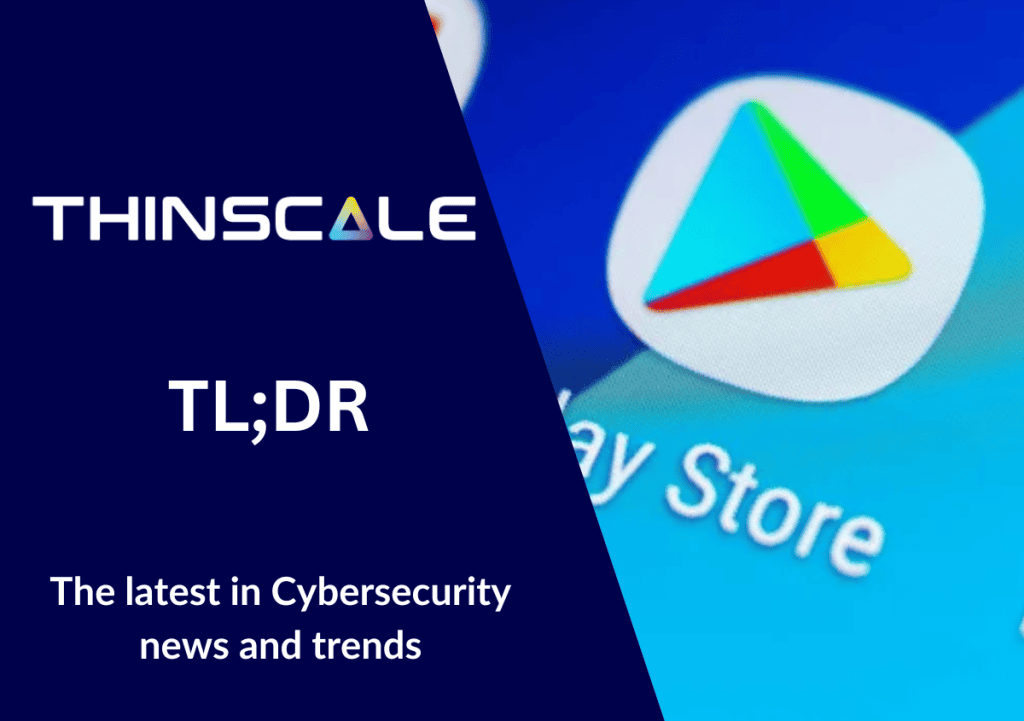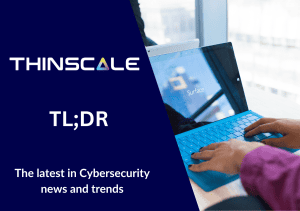In today’s TL;DR, we look at a recent SpyLoan malware discovery by McAfee on multiple applications on the Google Play Store and the increasing trend of Ransomware groups hiring skilled Pen testers to improve their malicious software.
8 Million Android customers affected by SpyLoan Malware
A recent investigation by McAfee has identified 15 malicious Android applications, collectively downloaded over 8 million times, that are embedded with SpyLoan malware. These apps masquerade as legitimate loan providers, enticing users with promises of quick and flexible loans. However, upon installation, they request excessive permissions and harvest sensitive personal data.
The identified apps have targeted users across various countries, including Mexico, Colombia, Senegal, Thailand, Indonesia, Vietnam, Tanzania, Peru, and Chile.
While some of these apps have been removed from the Google Play Store, others have been updated by developers to comply with store policies, yet may still pose risks. These apps often promote themselves through social media platforms like Facebook to lure unsuspecting users. The primary objective of these malicious applications is to collect extensive personal data from infected devices. This information can then be used to coerce users into repaying loans at exorbitant interest rates or to intimidate them using stolen personal information.
The apps request intrusive permissions, allowing them to access system information, cameras, call logs, contact lists, location data, and SMS messages under the guise of user identification and anti-fraud measures.
Users must exercise caution when downloading loan-related apps, scrutinize permissions, and report any suspicious applications to relevant authorities.
TL;DR 8 million Android users hit by malware
McAfee identified 15 malicious Android apps, downloaded over 8 million times, embedded with SpyLoan malware. These apps pose as loan providers, harvesting sensitive user data through excessive permissions to enable extortion and harassment. Targeting countries like Mexico, Thailand, and Indonesia, they exploit social media for promotion. Users should scrutinize permissions, avoid suspicious apps, and report them to protect their personal data.
Malicious groups seek cybersecurity experts
Ransomware gangs are increasingly recruiting penetration testers to enhance the effectiveness of their attacks. According to Cato Networks’ Q3 2024 SASE Threat Report, threat actors are actively seeking pen testers to join ransomware affiliate programs such as Apos, Lynx, and Rabbit Hole.
These groups are posting job listings on platforms like the Russian Anonymous Marketplace (RAMP), detailing requirements for penetration testing experience. The objective is to ensure their ransomware can deploy successfully against targeted organizations by identifying and addressing vulnerabilities in their malicious software.
Etay Maor, Chief Security Strategist at Cato Networks, noted, “Penetration testing is a term from the security side of things when we try to reach our own systems to see if there are any holes. Now, ransomware gangs are hiring people with the same level of expertise—not to secure systems, but to target systems.”
This trend reflects the professionalization of cybercriminal operations, with ransomware gangs adopting practices akin to legitimate software development. These groups aim to improve the reliability and success rate of their ransomware attacks.
Organizations must focus on robust security measures to counter the evolving tactics of ransomware gangs.
TL;DR Malicious groups seek testers:
Ransomware gangs are hiring penetration testers to refine their malware and boost attack success rates, mimicking corporate practices. These groups, such as Apos and Lynx, recruit experts via underground platforms like RAMP. A report also highlights risks from unvetted AI tools and inadequate TLS inspection, exposing organizations to hidden threats.
The growing skill of malicious actors
These developments show the scale and increasing capability of malicious actors. Bypassing the security standards of large platforms, as well as the active professionalization of cybercrime groups. IT teams should be vigilant and ensure users are unable to access potentially unsafe resources in working environments. For insights into protecting your organization and securing confidential data at endpoints, contact us today.



